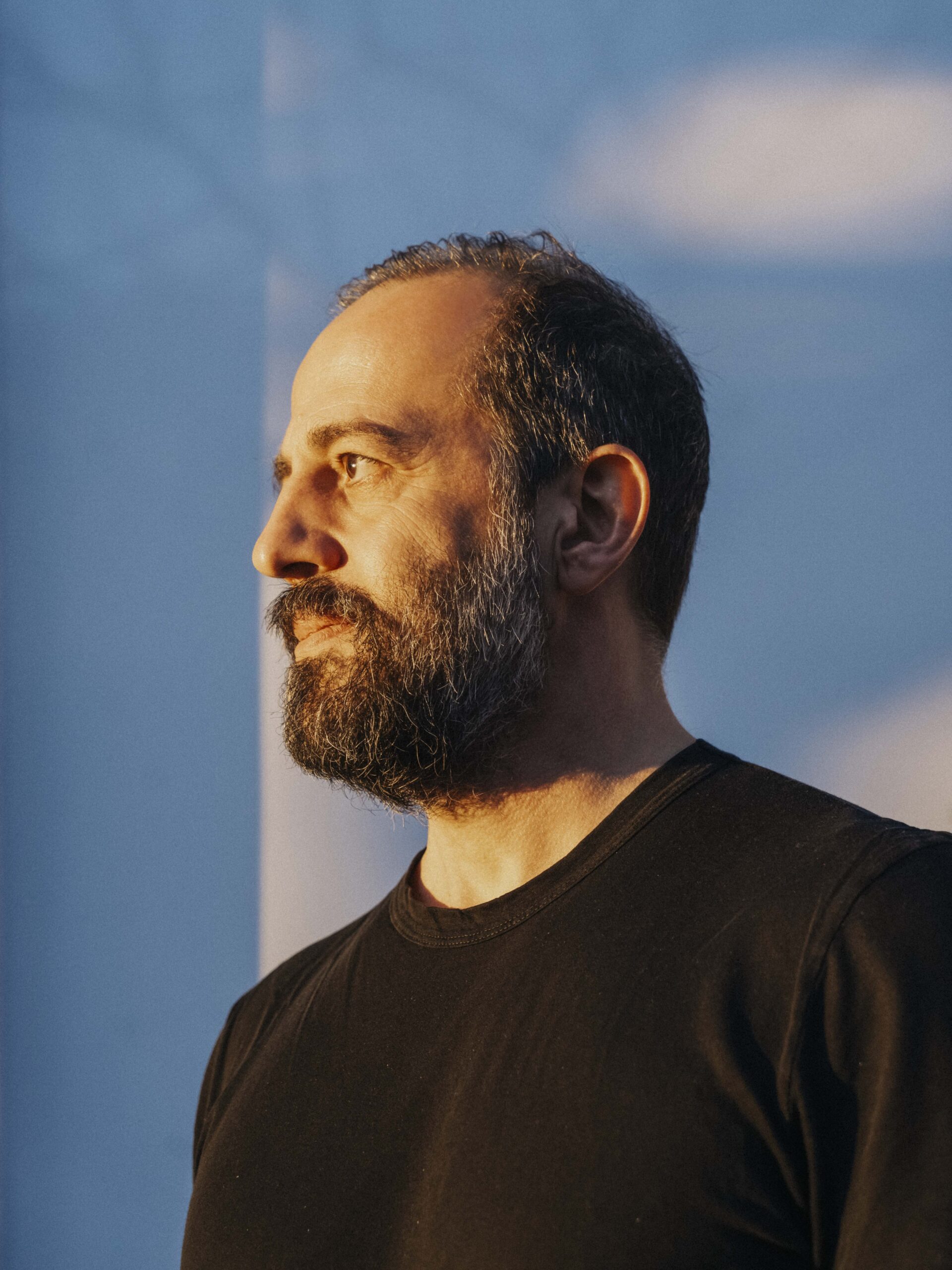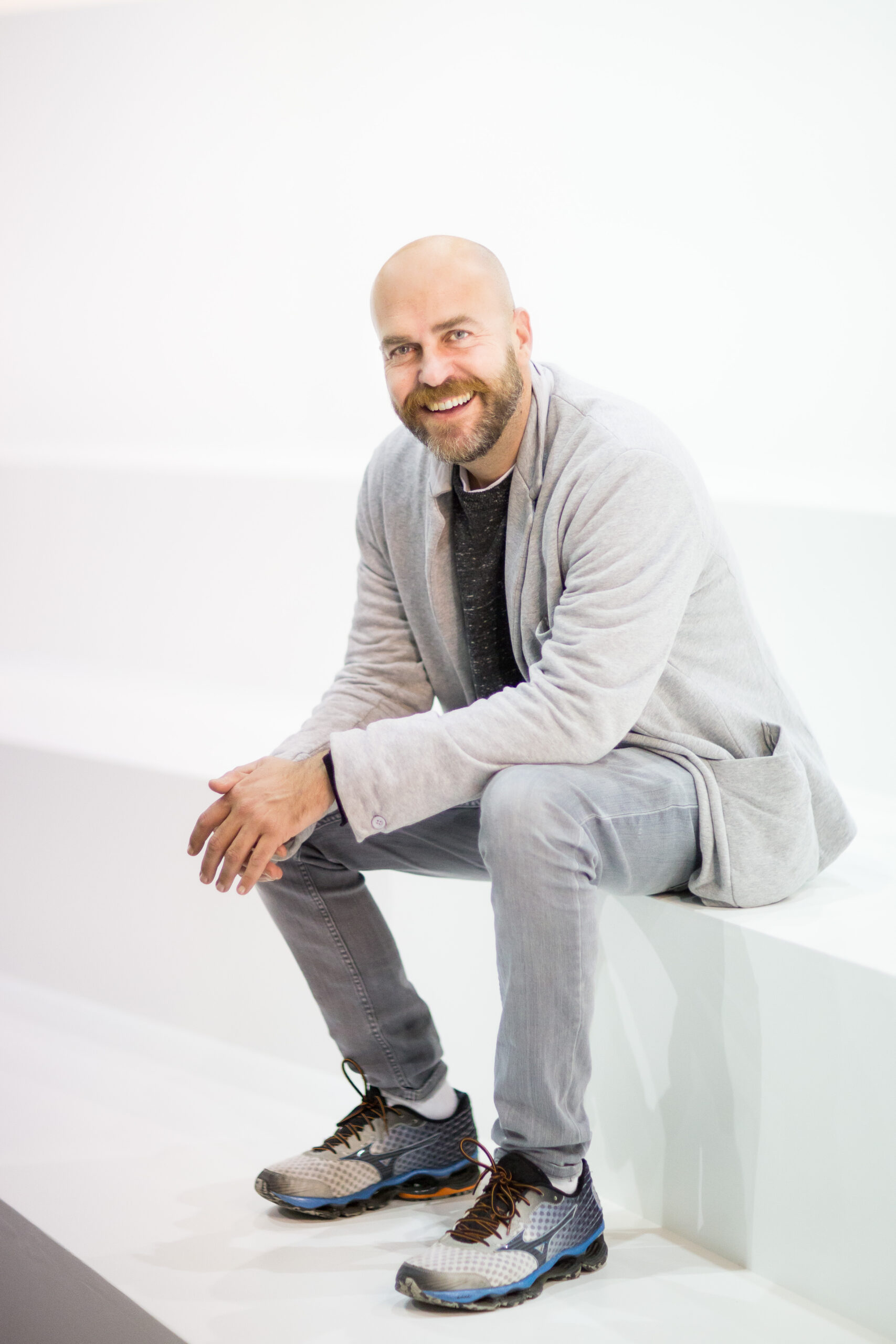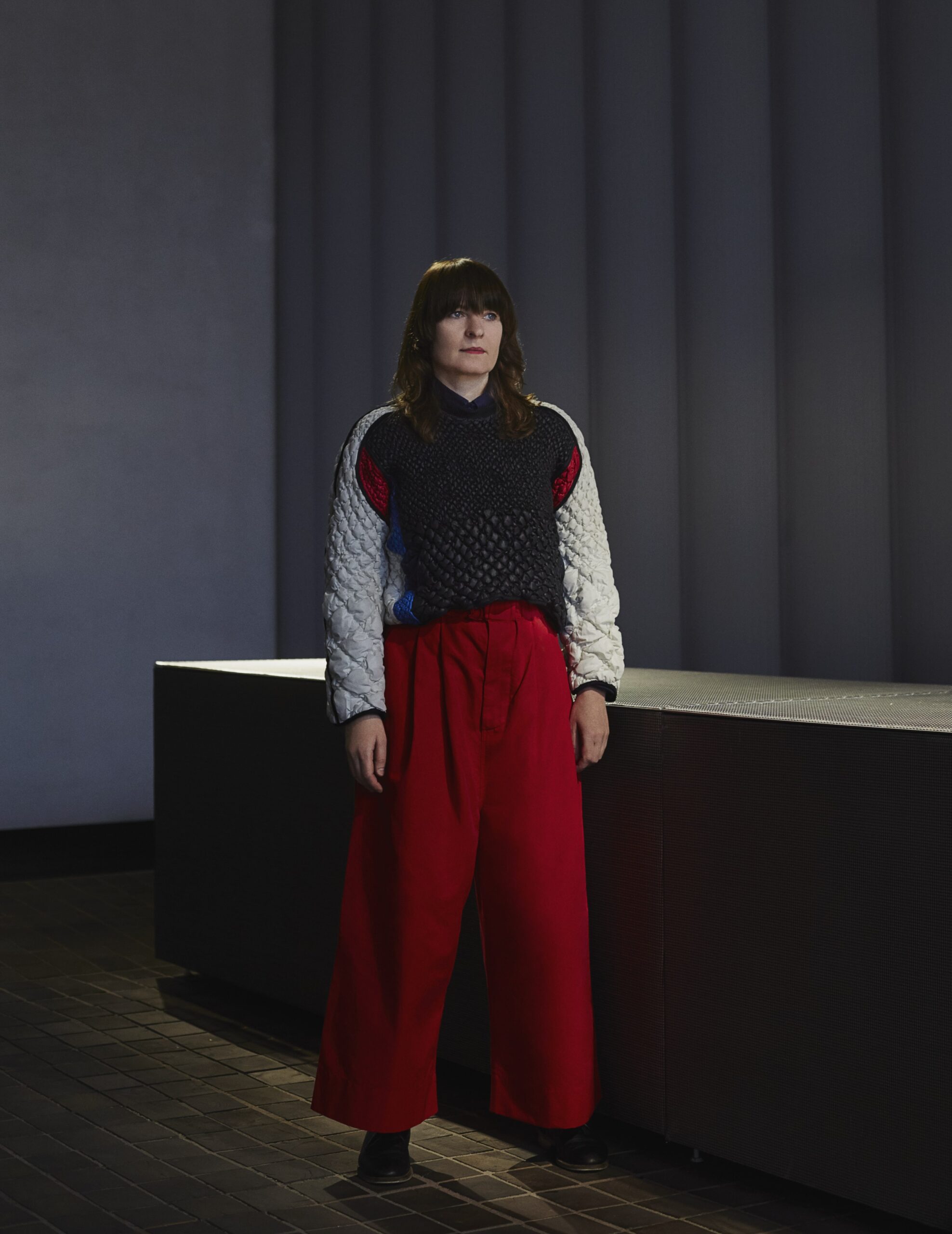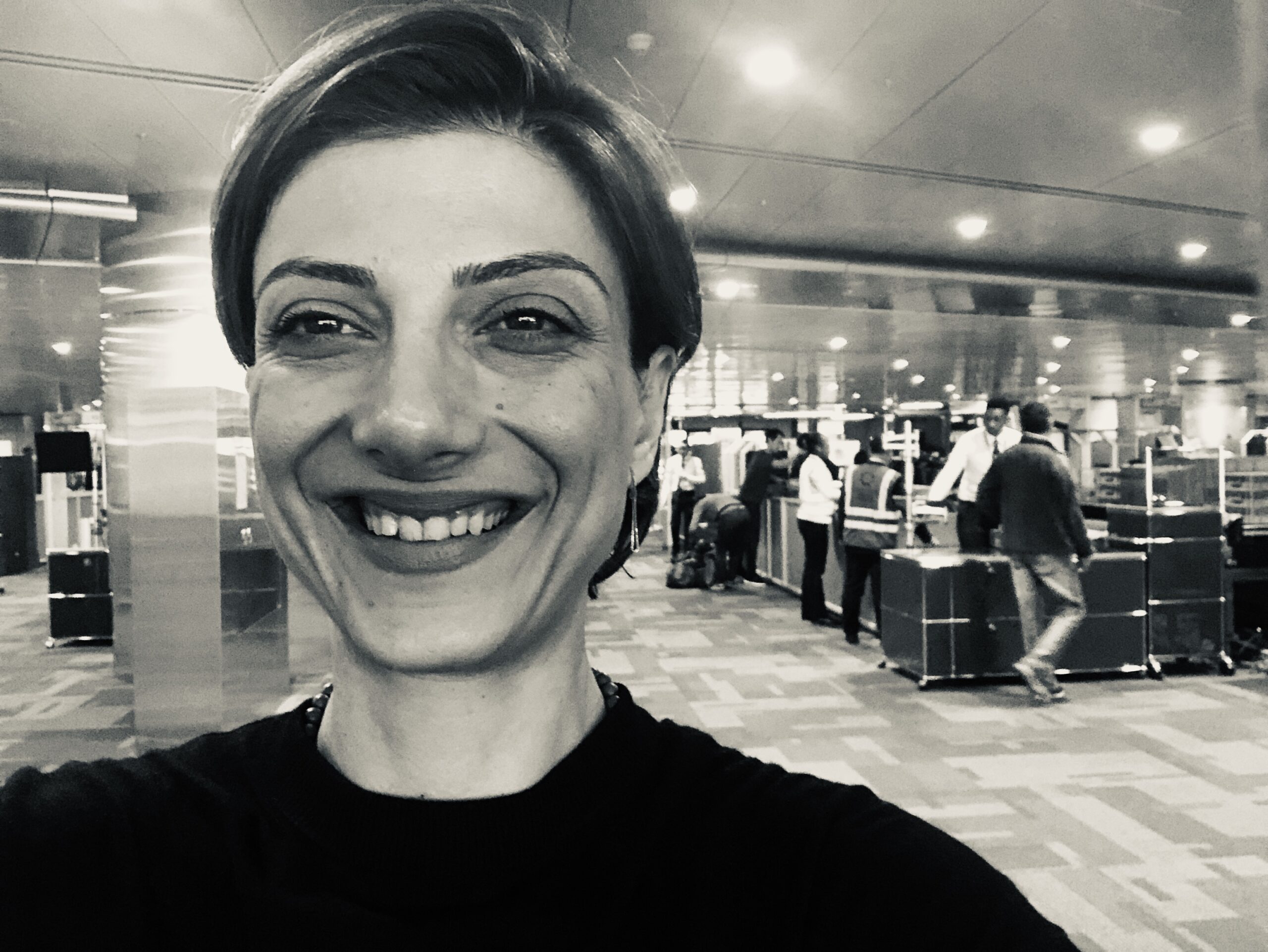In conversation with Michael Anastassiades, Designer, Guest Curator of Milano Design Film Festival Greece—Athens
Guests
Andreas Angelidakis, Architect, Artist
Goshka Macuga, Artist
Moderator
Elena Parpa, Writer, Curator
For future times and beings
One of the initiators of Arecibo Message was Carl Sagan, the American astronomer who was also behind the ‘golden records’, the phonograph time capsules containing images and sounds sent to space in 1977 with Voyager I and II to communicate aspects of who we are to extraterrestrial beings. ‘For future times and beings’ was the title of Sagan’s essay, in which he explained the selection process and criteria in compiling the material for the records. The title is borrowed in order to contextualize a discussion around matters of selecting, curating, preserving and representing, with the participation of designer Michael Anastassiades, curator of the ‘Arecibo Message’ section of the Milano Design Film Festival Greece—Athens, artist and architect Andreas Angelidakis, and artist Goshka Macuga. The discussion is moderate by writer and curator, Elena Parpa.
Αndreas Angelidakis
Τrained as an architect, Andreas Angelidakis (b. 1968, Athens) maintains a multi-disciplinary practice as architect, artist, curator and writer. He describes himself as “an architect who doesn’t build.” Instead he utilizes an artistic voice that switches between the languages of architecture, curating, writing, and the internet. He often speaks about spaces, buildings, and the society that inhabits them, with the exhibition format acting as a vehicle for his ideas and a medium for his artistic practice. Recent exhibitions include: Demos — A reconstruction at MOCA Toronto, I used to build my feelings, now I watch them leave at La Loge in Brussels, documenta 14 in Kassel and Athens, the Biennial of Moving Image at Centre d’Art Contemporain in Geneva and OGR in Torino, a large scale installation for Art Basel Unlimited, and a solo exhibition titled A Submissive Acknowledgement of Powerlessness at The Breeder Gallery in Athens. Since 2010, Angelidakis has been active in a series of urban renewal and citizen participation projects in peripheral municipalities, such as Upplands Vasby, Kista and Jarfalla outside of Stockholm, Vaksdal outside of Bergen and more.
“Like the surrealists’ cadavres exquis, the architectural practice of Andreas Angelidakis is the result of violent collisions combining various contemporary obsessions: climate upheavals, celebrity culture, and the inflation of big data. Following the creation of virtual metropolises in the late 1990s, he constructed wondrous post-modern Merzbau—Babylonian collages to the glory of the digital age—with the help of 3D printers. More recently, his work has revolved around the creation of a forum of exchange and sociability.” _Cruising Pavilion team, 2018.
Goshka Macuga
Macuga’s practice connects different areas and methods of research. Her inquiries are often focused on institutional histories proposing unconventional associative readings of their social and political histories. Her strategic orchestration of existing materials, collectables and archival documents support the reframing of established narratives. Since she began making art in the late 1990s, she has used an interdisciplinary approach, incorporating archival materials, historical images, and other artists’ works into her own to explore new narratives and relationships. She explains, “I hope that it can create temporary changes in how the viewer perceives certain concrete items, objects, works of art, pictures and stories. History changes over time…and our experience, in turn, influences our memories.”
Archival research informs Macuga’s installations, which engage with the historical and social contexts of the host institutions: each project begins with a period of comprehensive research in their collections and archives. Macuga also examines the practices of art institutions and disregarded systems of knowledge as she takes on the roles of archivist and curator. She remarks, “The process of learning and the accumulation of information and knowledge is the main focus of my work, before the actual process of making.”
Born in Poland in 1967, Goshka Macuga lives and works in London since 1989. Among recent solo shows are: stairway to nowhere, Kestner Gesellschaft, Hannover (2019), What was I?, Rong Zhai, Fondazione Prada, Shanghai (2019), Now this, is this the end… the end of the beginning or the beginning of the end?, Schinkel Pavillon, Berlin (2016); Goshka Macuga: Time as Fabric, New Museum, New York (2016); To the Son of Man Who Ate the Scroll, Fondazione Prada, Milan (2016). Recent group exhibitions include: States of Mind: Tracing the edges of consciousness, Wellcome Collection, London (2016); The Artist’s Museum, ICA Boston (2016); Accrochage, curated by Caroline Bourgeois, Punta della Dogana, Venice (2016). Artist Publications include: Goshka Macuga: Before the Beginning and After the End, Fondazione Prada, Milan (2016); Goshka Macuga: Exhibit, A, Museum of Contemporary Art Chicago (2012), and The Nature of the Beast, Whitechapel Gallery, London (2010). In 2008 she was among the four nominees for the British Turner Prize. For the reopening of MOMA on October 21 2019, Macuga was one of the six artist commissioned to create a long term, site-specific artwork on view in the public space of the building.
Elena Parpa
Elena Parpa [PhD] is a writer and curator based in Nicosia (Cyprus). Her principal area of enquiry concerns the visual culture of landscape and its crossover with ideas of place, belonging, memory and history in works of artists active in contested geographies. She has curated Planetes, an international exhibition that formed part of the inaugural programme of Pafos2017, European Capital of Culture. Her essays appear in edited volumes and books, including the ‘Daybook’ of documenta14 (2017). She is the writer of the second issue of Next Spring (2018), an occasional series of art reviews edited by Laura Preston. She is currently a Scientific Collaborator at the Department of Design and Multimedia, University of Nicosia, and at the Department of Multimedia and Graphic Arts, Cyprus University of Technology, Limassol.
 Michael Anastassiades, Photo by © Osma Harvilahti
Michael Anastassiades, Photo by © Osma Harvilahti
 Andreas Angelidakis, Photo by ©Arthur Pequin
Andreas Angelidakis, Photo by ©Arthur Pequin
 Goshka Macuga, Photo by ©Francesco Pizzo
Goshka Macuga, Photo by ©Francesco Pizzo
 ©Elena Parpa
©Elena Parpa